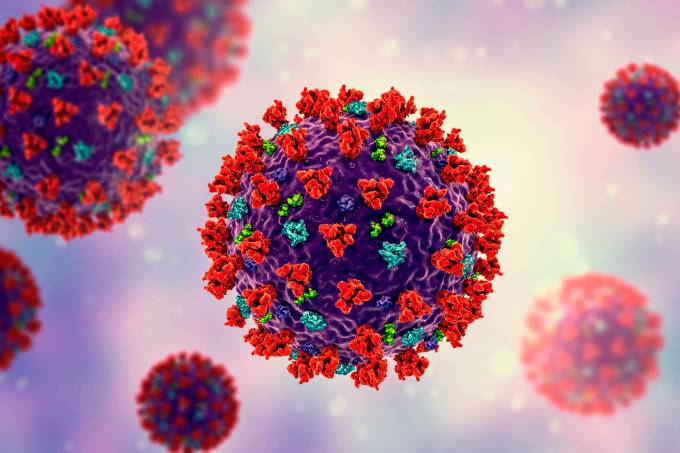Protocol Detail


SEROTONIN SYNDROME
Serotonin syndrome (SS) is a group of symptoms that may occur following use of certain serotonergic medications or drugs. The degree of symptoms can range from mild to severe. Symptoms include high body temperature, agitation, increased reflexes, tremor, sweating, dilated pupils, and diarrhea.
Diagnosis
Drug related complication resulting from increased brainstem serotonin activity, usually precipitated suddenly (onset <24 hours) by use of one or more serotonergec drugs.
Common drugs involved include:
· Tricyclic antidepressants (Amitryptiline, Imipramine, Doxepin),
· SSRI’s (Citalopram, Fluoxetine, Fluvoxamine, Paroxetine, Sertraline),
· Other antidepressants (Venlafaxine, Bupropion, Lithium),
· Mono-Amino-Oxidase1’s (Isocarboxacid),
· Dopamine agonists (Bromocriptine, Levodopa),
· Analgesics (Pethidine, Codeine, Fentanyl, Tramadol),
· Herbal medications (St Johns wort),
· “Street dugs” (Amphetamine, Cocaine, LSD).
Symptoms include:
· Cognitive-behavioral disturbance:
o Confusion
o Agitation,
o Anxienty
o Reduced level of consciousness
· Neuromuscular features:
o Seizures,
o Myoclonus/ clonus,
o Hyperreflexia,
o Tremors,
o Muscle rigidity especially in the lower extremities,
o Ataxia,
o Akathesia
· Automatic features:
o Hypertension,
o Tachycardia,
o Hyperthermia,
o Sweating,
o Lacrimation,
o Mydriasis,
o Diarrhea
· Severe toxicity is potentially fatal
Differential diagnoses need to be excluded:
· Infection,
· Intoxication,
· Neuroleptic malignant Syndrome (Caused by Dopamine agonists. Gradual in onset. Lead-pipe rigidity in all extremities, bradyreflexia. Also has hypertension, tachycardia, hyperthermia with signs of Parkinsonism & absence of Hyperreflexia & clonus & tremor)
· Delirium tremens,
· Malignant Hyperthermia.
Management
1. Withdrawal of causative agent,
2. In mild- moderate toxicity, treatment is generally not required.
3. Haemodynamic stabalisation,
· May require intubation, ventilation, paralysis, cardiopulmonary support & ionotropes.
4. Sedation:
· If unable to take oral medication consider use of chlorpromazine 12.5.50 mg in 100 mls Normal Saline over 30-60 minutes. Beware postural hypotension.
· Benzodiazepines are useful.
5. Temperature control:
· Paracetamol won’t work because the fever is secondary to increased muscle activity.
· May require other active cooling mechanisms
6. Hydration,
7. If there is significant agitation & neuromuscular excitation consider using Cyproheptadine 12 mg orally as a single dose. If secondary to drugs with a long half-life (eg Fluoxetine) use 4-8 mg tds.
Monitor for complication (Esp. seizures, comas, hypotension, ventricular arrhythmias, Disseminated Intravascular Coagualtion, Rhabdomyolosis, metabolic acidosis, renal failure).









